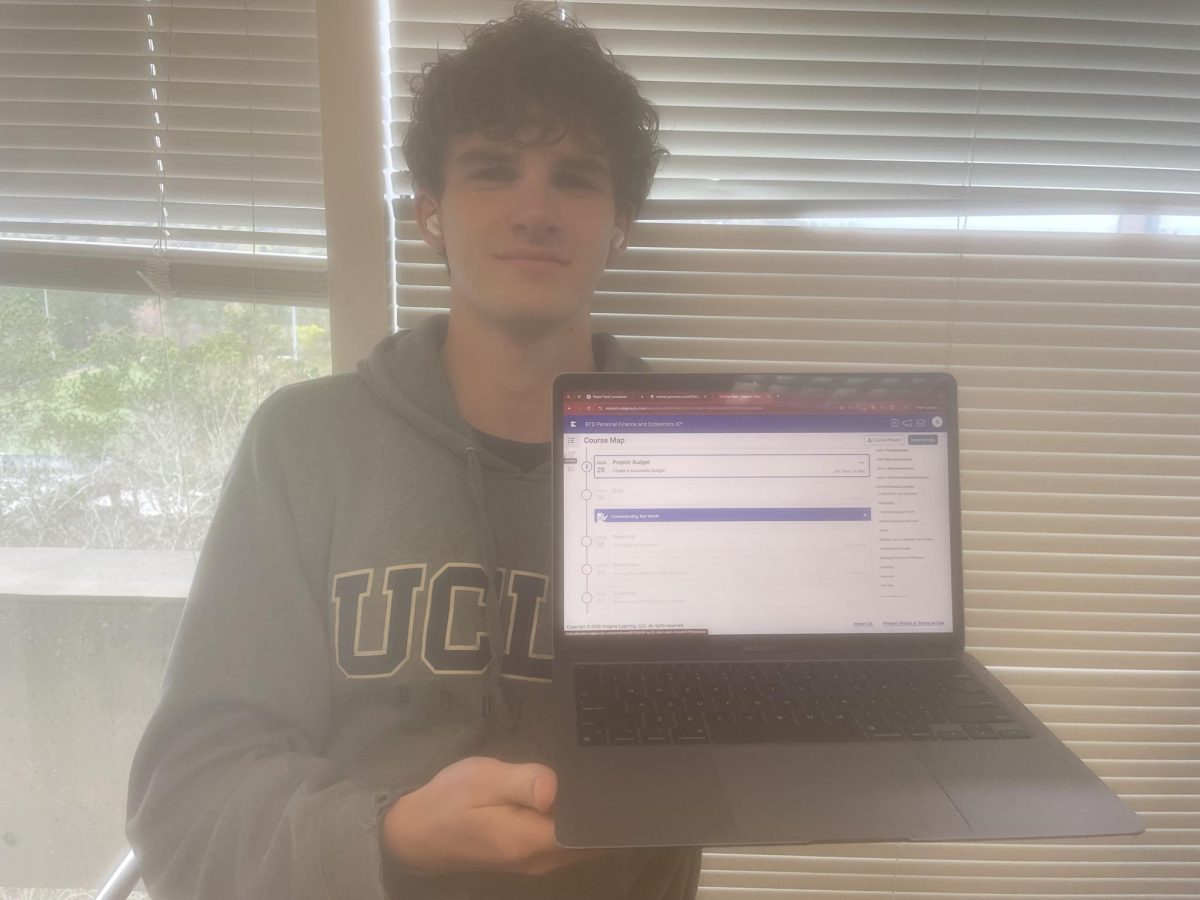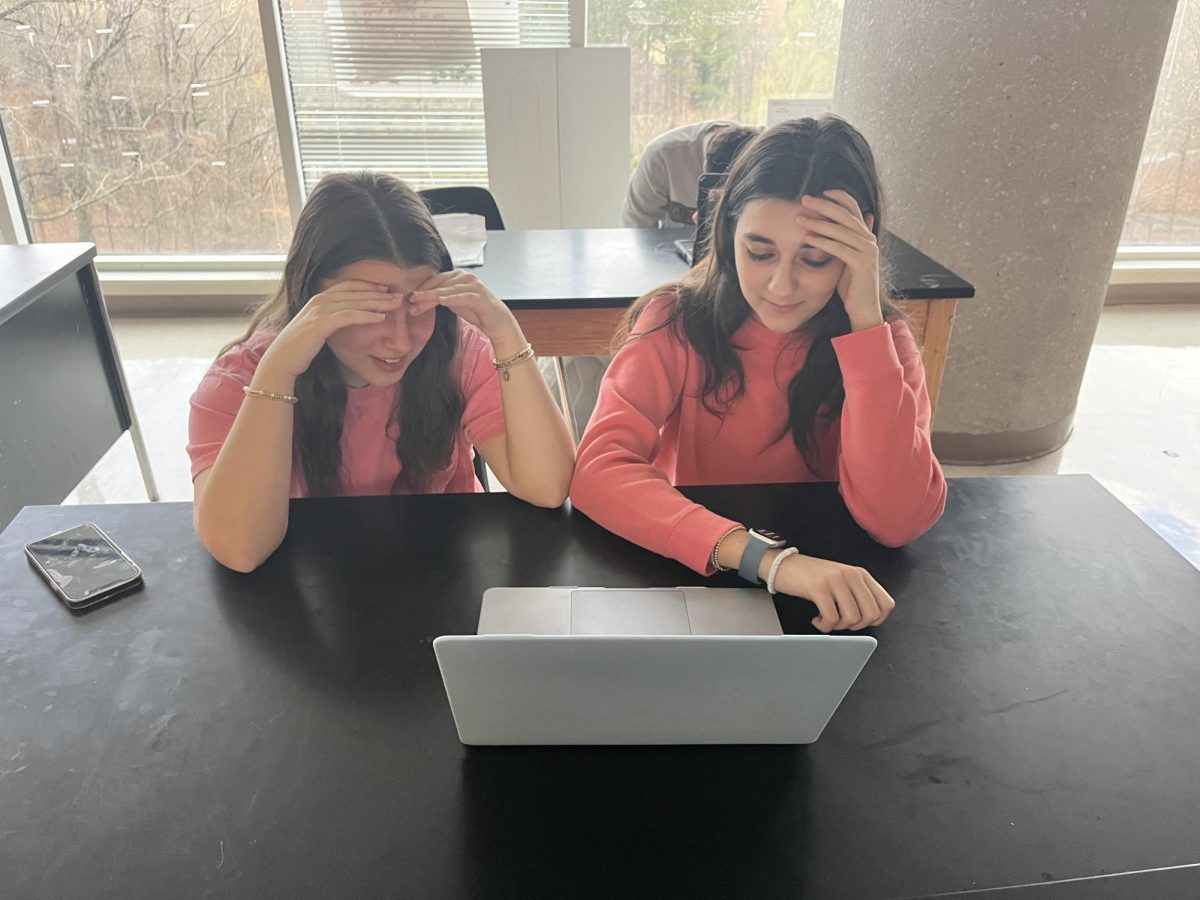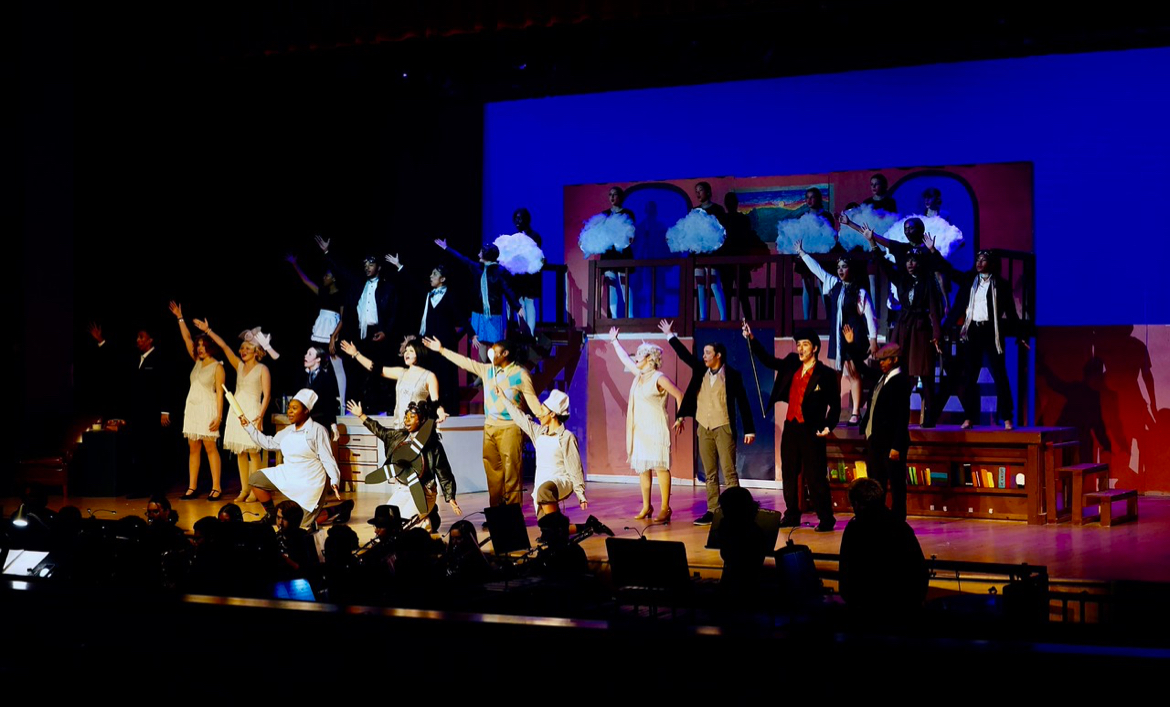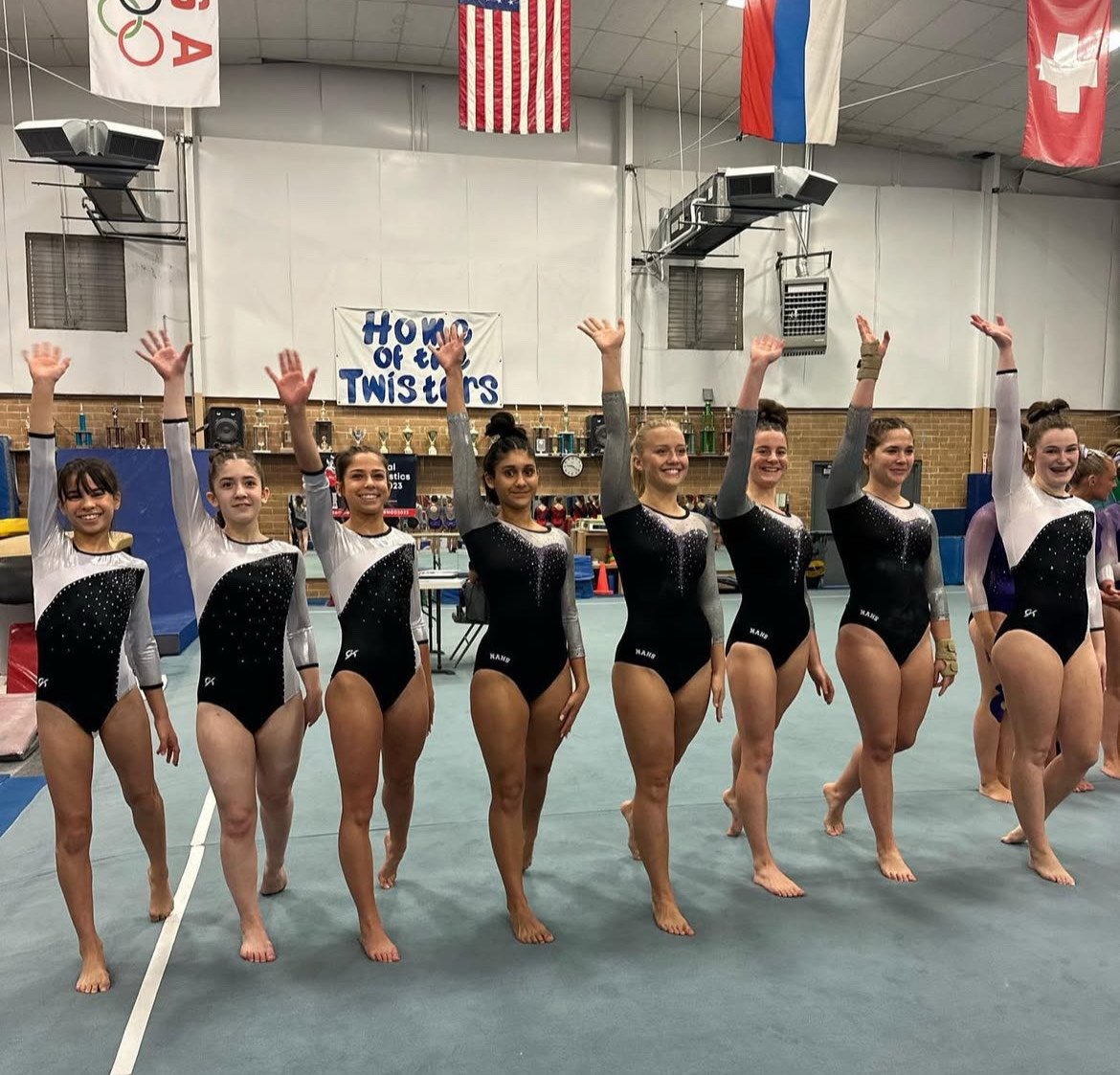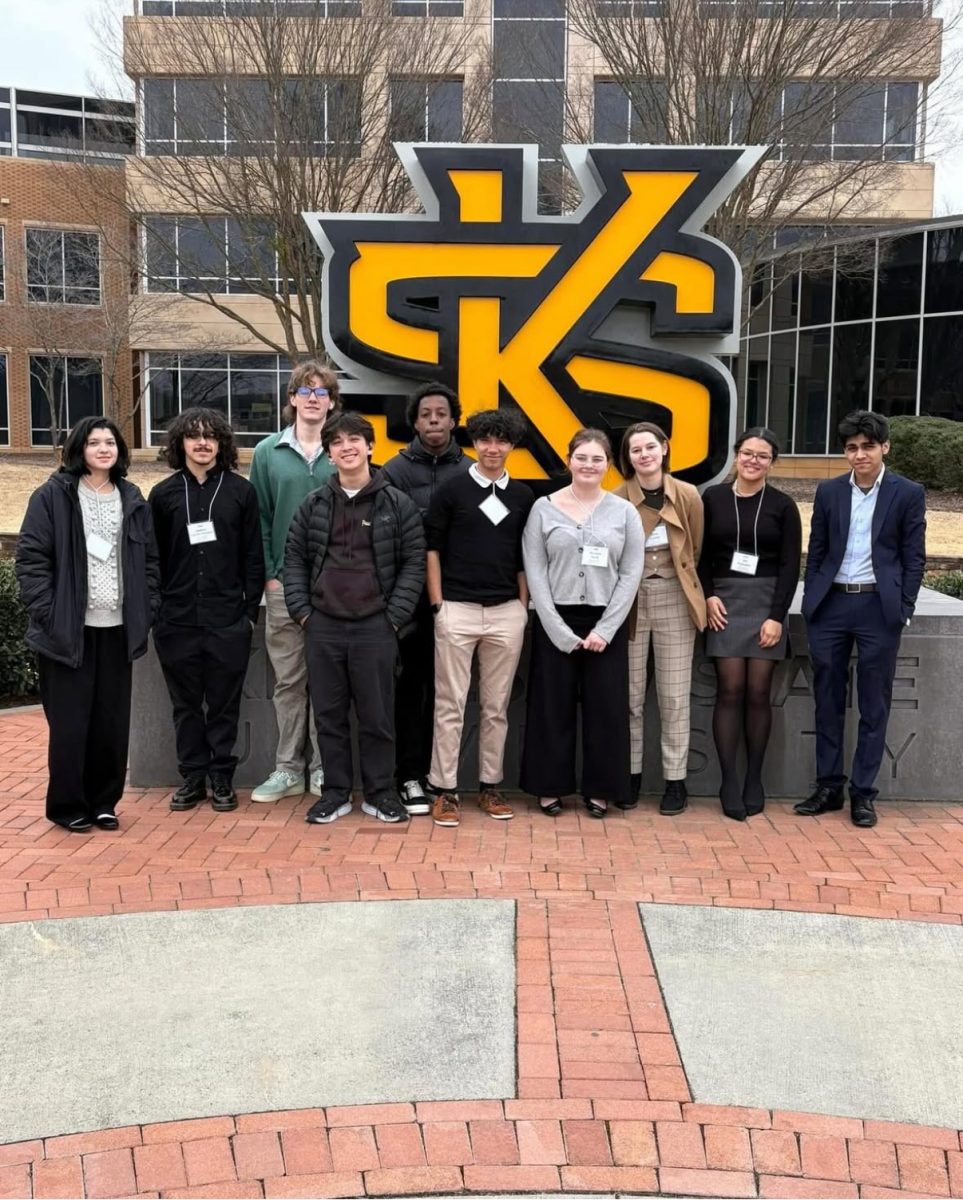In the era when newspapers were once delivered to doorsteps, people indulged in the delight of completing daily puzzles. Today in the digital age, the allure of puzzles like Connections, Wordle, the Mini Crossword, and the USA Today Crossword have gained popularity once again. In classrooms, students and teachers can be seen collaborating with each other to solve these daily challenges on their computers. These brain teasers have now become an exciting part of the school’s routine, both in North Atlanta and across the nation.
For many Warriors, the accessibility of these puzzles has played a factor in their popularity. Whether it is on their school computers or devices, the brain games can be easily found online as they are no longer confined to the physical pages of a newspaper. Being able to play them during breaks or downtime adds to the appeal, making it a convenient and enjoyable way to engage their minds throughout the day. Beyond the entertainment, students also find these puzzles as a way to challenge their cognitive skills and enhance their problem-solving skills. “I learn something new every day after playing these games,” said junior Kendall Lawson. “It’s interesting how something so fun can also be used to expand my vocabulary and exercise my mind in school.”
These brain puzzles have also gained traction due to their collaborative and competitive nature, adding another layer of enjoyment for students. Peers can be seen teaming up to solve a puzzle together while others compete against each other to compare their solving times. This has built a sense of community around solving daily puzzles. Students have found it enjoyable to be able to share their triumphs and challenges with each other, turning these brain teasers into a social and interactive experience in school. “Solving the daily puzzle with my classmates has quickly become the highlight of my day,” said junior Georgia Jones. “I feel productive while playing something so engaging between my peers.”
However, students aren’t the only ones captivated by these games – teachers have also found themselves joining in as well. Many teachers believe that these brain teasers instill a sense of achievement among people in general. The feeling of success after solving a challenging puzzle serves as a reward and boosts their confidence. Additionally, teachers appreciate seeing students engage in games that not only stimulate their minds but are also school-appropriate. Spanish teacher Thomas Williams is one of many teachers who have integrated these puzzles into his daily routine. “They’re fun word games that don’t take too long and aren’t frustratingly challenging,” said Williams. “It’s satisfying to complete these puzzles everyday and fun to see how creative they can get.”
The rising popularity of daily puzzles stems from the evolution of traditional entertainment. From the back of newspapers to the screens of devices, these games continue to captivate minds and bring people together. As students and teachers embrace the fun challenges that these brain teasers have to offer, it is obvious that mental stimulation is as timeless as the puzzles themselves.






